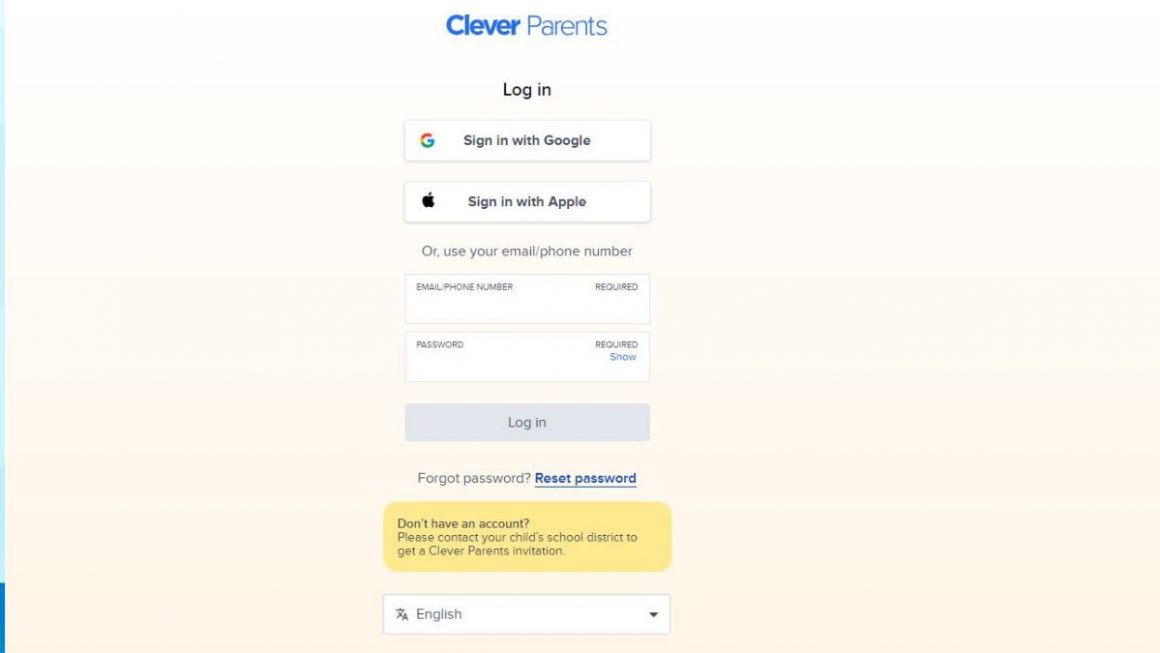It should come as no surprise that having solid study habits is required under many different circumstances to be successful. After all, lawyers, doctors, and other professionals didn’t get to where they are today without focusing on academic improvement.
Even entrepreneurs study independently in their own time. Let’s explore notable study secrets that you should keep in mind.
1. Eliminate Distractions
One of the largest issues that people face when it comes to studying is the distractions around them.
More often than not, this comes in the form of situations that are entirely preventable, too. For instance, it’s not uncommon for people to study with their phones right next to them. Unfortunately, even something as simple as briefly checking a text message or a news notification could interrupt your train of thought.
So, it’s in your best interest to do everything you can in order to eliminate the distractions in your study area. For some people, this means leaving their phone in a different room.
For others, it means working in a quiet place away from their homes, such as a coffee shop or library.
2. Don’t Be Afraid to Take Breaks
Interestingly, many people who study regularly neglect to take breaks.
When you study, you expose your brain to a large amount of new information at once. It isn’t until you walk away and let this information set in, however, that you begin to fully understand it. To clarify, you can think of studying similar to weight training.
You don’t actually grow in the gym — your muscles grow during recovery outside of the gym. So, the breaks that you take from studying can actually help you retain more information than you would otherwise. It can also help you mentally rejuvenate if you feel yourself becoming overwhelmed.
Wondering how executive function impacts overall academic performance? You can learn more information here at this resource.
3. Avoid Going Through The Motions
All too often, people simply sit down and read through their assigned chapters while they study.
If you don’t make a conscious effort to understand the information that you are reading, however, you won’t retain as much of it as you should. It can be fairly easy to skim through a handful of pages while daydreaming about something completely irrelevant. This is known as going through the motions, and it can easily complicate your study habits if you aren’t aware of it.
Instead, be sure that you fully understand each sentence, concept, problem, etc. while you are studying before moving on to the next section. This is particularly true for convoluted topics, such as mathematics or science.
The deeper you go into these categories, the more essential it becomes for you to understand the fundamentals of the previous sections.
4. Test Yourself
Depending on what materials you use to study, you may have exercises or quizzes at the end of your study content to test your knowledge. However, you may find yourself in a situation where you are entirely responsible for assessing the material that you know.
In these circumstances, you’ll need to test yourself. For example, let’s assume that you are learning how to code with JavaScript.
As you learn more and more concepts, you should use this information to come up with quick exercises that you can perform. If you’re having trouble integrating what you just learned, this is a good indicator that you need to go back and reread the study material. If you find that you have a strong grasp of the concepts that you have learned, you can move forward.
This can apply to virtually any study topic.
5. Write Things Down
Writing material down as opposed to simply reading it or listening to it goes a long way in terms of helping you remember.
This is simply due to the fact that our brains are more involved with writing information down as opposed to simply absorbing it visually or sonically. So, it’s not uncommon for people to read a section in a textbook and then write a summary on a sheet of paper.
It might seem redundant, but it can drastically increase the amount of information that you retain.
6. Study Consistently
It’s better to study consistently throughout each week as opposed to dedicating a single day to study for hours.
As previously mentioned, you begin to fully understand information after you step away from your study session and let the information sink in. Doing this on a consistent basis means that you will continuously learn over time. If you attempt to learn a large amount of material within a single day, there’s a good chance that you will forget at least some of it.
7. Try Teaching Someone Else
If you can teach the material, then you have a full understanding of it. If you’d like to test your knowledge on a specific topic, consider teaching a classmate who needs help with that material.
Even if you are sure that you understand the information, it will help ingrain it into your mind even further. If you have no one else from your class to work with, consider teaching a friend or family member. Even if the information isn’t exactly relevant to them, having someone sit and listen while communicating with you is one of the most effective study hacks to make your studying more productive.
The Above Study Secrets Could Be Game-Changing
More often than not, improving your academics only requires a minor lifestyle change. The study secrets listed above can help ensure that you get yourself on the right track and hit your goals as easily as possible.
Looking for more tips that can help you out later on? Check out the rest of our blog for plenty of more useful information.












